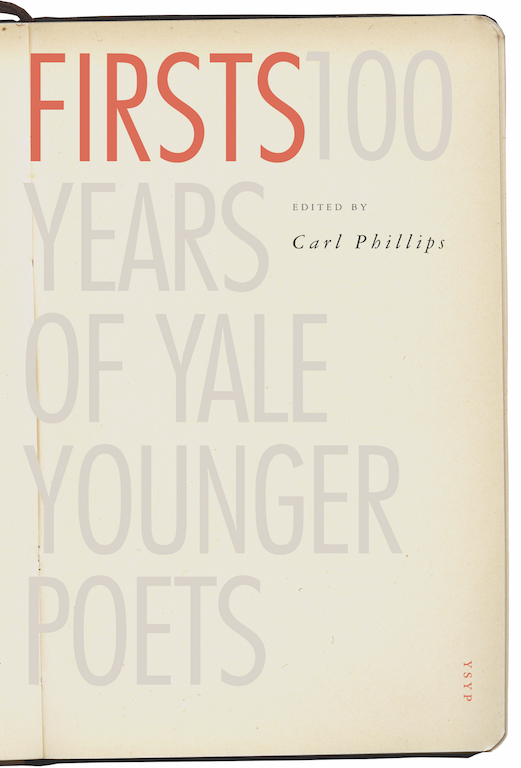I approach a harp abandonedin a harvested field. A deer leapsout of the brush and follows mein the rain, a scarlet snake woundin its dark antlers. My fingerscurled around a shard of glass—it’s like holding the hand of a child.I’ll cut the harp strings for my mandolin,use the frame as a window in a chapelyet to be built. I’ll scrape off its bluelacquer, melt the flakes down witha candle and ladle and paintthe inner curve of my soup bowl.The deer passes me. I lower my head,stick out my tongue to tastethe honey smeared on its hind leg.In the field’s center I crouch neara boulder engraved with a numberand stare at a gazelle’s blue ghost,the rain falling through it.
Acquired Immune Deficiency Syndrome
Feature Date
- January 4, 2020
Series
Selected By
Share This Poem
Print This Poem
Copyright © 2011 by Eduardo C. Corral
All rights reserved.
From Firsts: 100 Years of Yale Younger Poets, edited by Carl Phillips.
Published by Yale University Press in October 2019.
Reproduced by permission.
Eduardo C. Corral’s second book, Guillotine, will be published by Graywolf Press next August. Slow Lightning, his first book, won the Yale Series of Younger Poets in 2011. He’s the recipient of a Whiting Writers’ Award, a National Endowment for the Arts Fellowship, and a Hodder Fellowship from Princeton University. He teaches in the MFA program at North Carolina State University.

New Haven, Connecticut
Yale University
The Yale Younger Poets prize is the oldest annual literary award in the United States. Its winners include some of the most influential voices in American poetry, including Adrienne Rich, John Ashbery, Margaret Walker, Carolyn Forché, and Robert Hass.
In celebration of the prize’s centennial, this collection presents three selections from each Younger Poets volume. It serves as both a testament to the enduring power and significance of poetic expression and an exploration of the ways poetry has evolved over the past century. In addition to judiciously assembling this wide-ranging anthology, Carl Phillips provides an introduction to the history and impact of the Yale Younger Poets prize and its winners in the wider context of American poetry, including the evolving roles of race, gender, and sexual orientation.
"In the annals of publishing there is surely no comparable record of hospitality to poets, young or old.”
—The New York Times
Poetry Daily Depends on You
With your support, we make reading the best contemporary poetry a treasured daily experience. Consider a contribution today.



